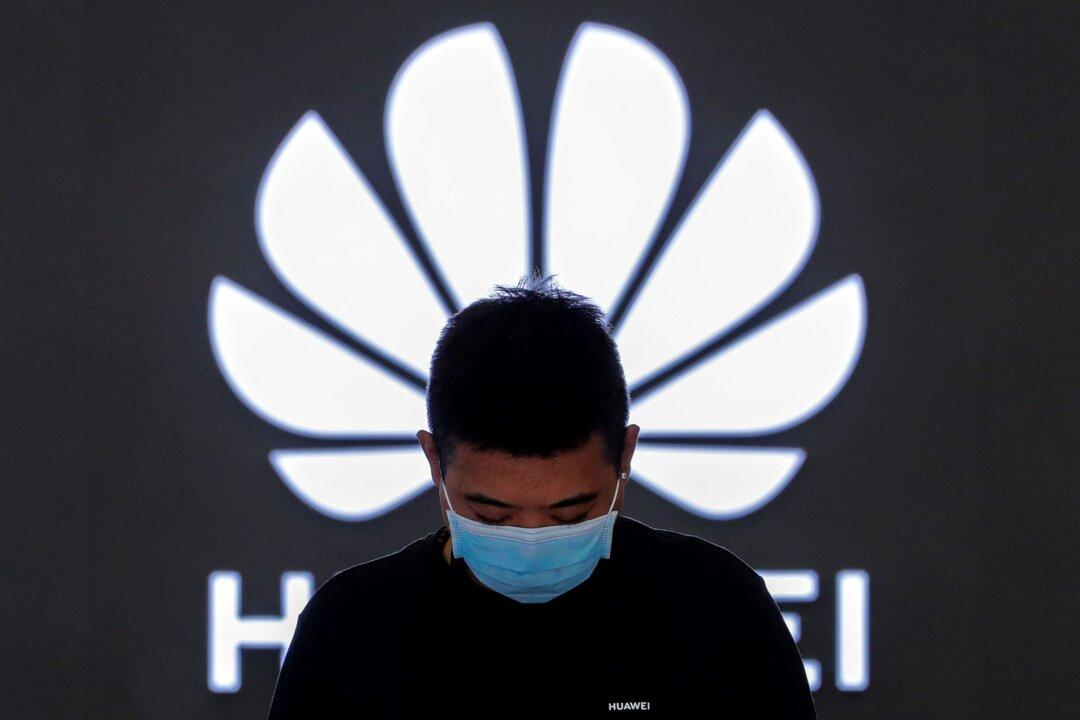A bipartisan bill aims to bar Chinese state-linked firms from exploiting a “security loophole” to enter U.S. technology markets.
The Secure Equipment Act of 2021 (pdf), introduced by Sens. Marco Rubio (R-Fla.) and Ed Markey (D-Mass.), targets major Chinese telecom providers, including Huawei, ZTE, Hytera Communications Corporation, Hangzhou Hikvision Digital Technology Company, and Dahua Technology Company. The Federal Communication Commission (FCC) has flagged all five as a threat to national security.





